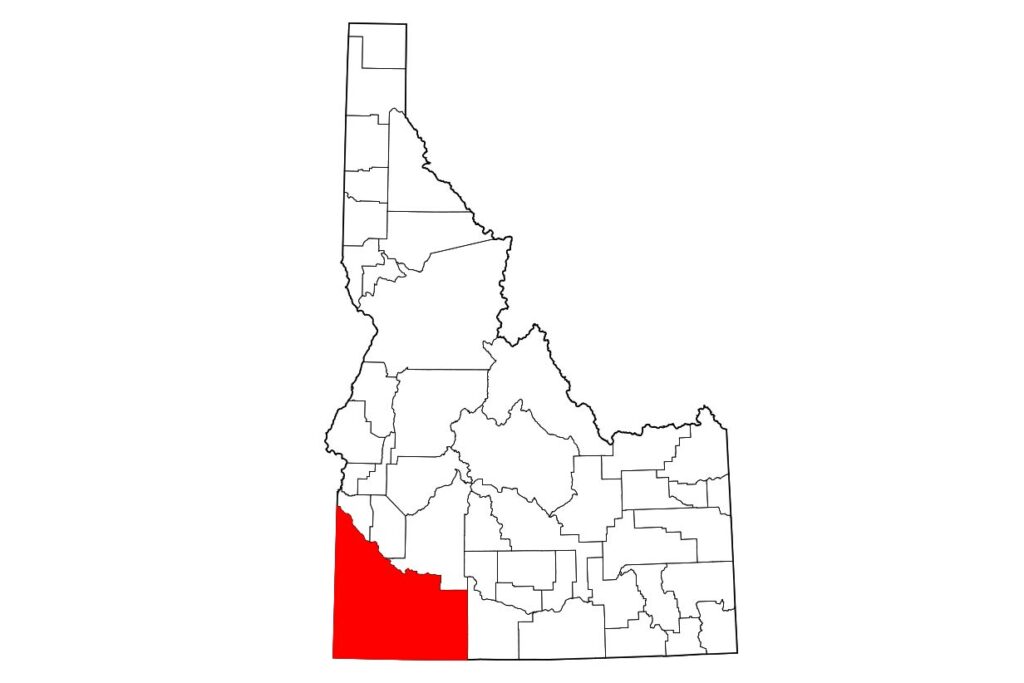
Minnesota Horse Confirmed With Neurologic EHV-1
Thirty-eight exposed horses on the affected horse’s premises are under official quarantine.

Thirty-eight exposed horses on the affected horse’s premises are under official quarantine.

The mare’s boarding facility had pre-emptively enacted movement restrictions following a mare in another province showing clinical signs days earlier.

A survey found 100% of owners were happy with the results of their mares’ ovariectomies performed in response to pathologies; 90% were happy with elective ovariectomy results.

Another horse is suspected with the potentially deadly contact-spread disease.

Thirty-one horses were exposed and their Washington County facility is now under quarantine.

Learn from Dr. Jennifer Janes, part of the University of Kentucky’s CSI team for horse diseases, conditions, and poisonings.

This is the state’s second confirmed equine EHV-1 case in 2021.

Equine epidemiologist Dr. Nicola Pusterla sheds light on the recent discrepant test results related to the equine herpesvirus outbreak in Sonoma County, California.

In addition, two confirmed positive horses at the index case’s home premises have received their first negative tests.

Veterinarians have confirmed no new cases new equine herpesvirus-1 cases related to the racetrack outbreak.

The California Department of Food and Agriculture continues to monitor horses from the Sonoma County show and the index case’s home premises.

Another mare has shown neurologic signs but has tested negative for EHV-1.

The CDFA reports one neurologic, one febrile, four suspected cases that tested negative, and one euthanized horse.
Because of difficulty in isolating new arrivals at Kentucky tracks, more stringent requirements have been established.

Six horses from the affected mare’s home premises also tested positive.

The affected mare is recovering from neurologic signs.
Stay on top of the most recent Horse Health news with
"*" indicates required fields